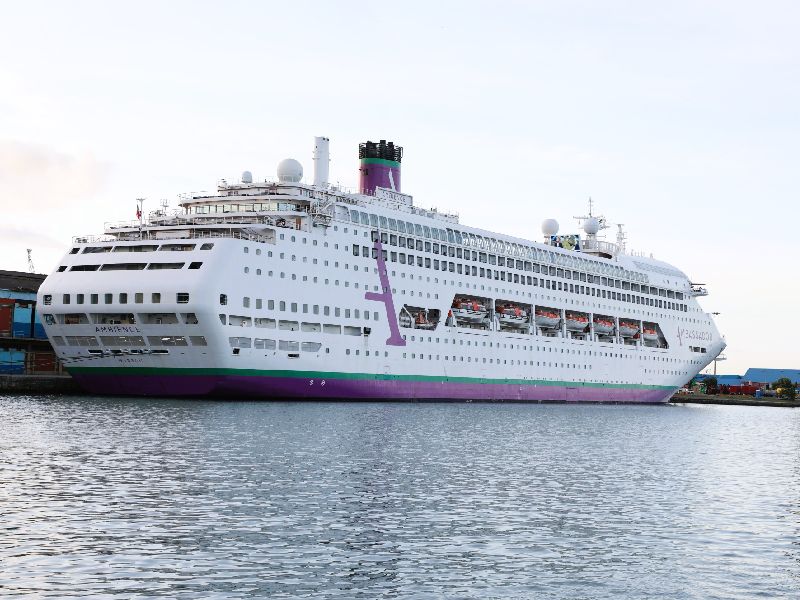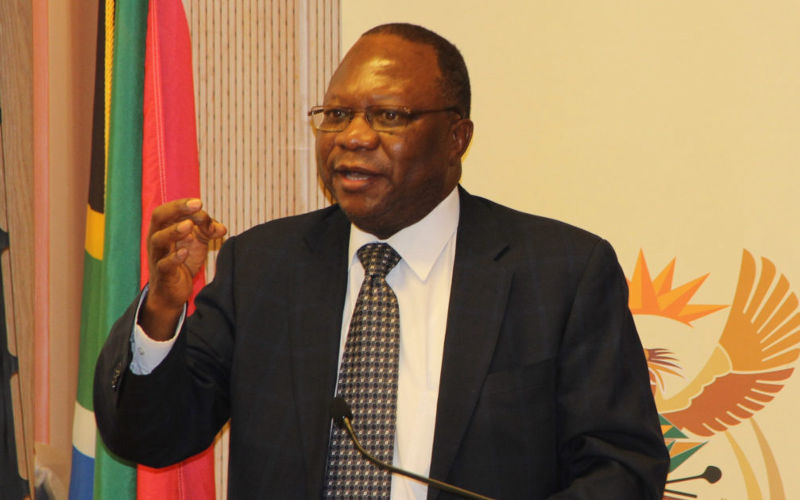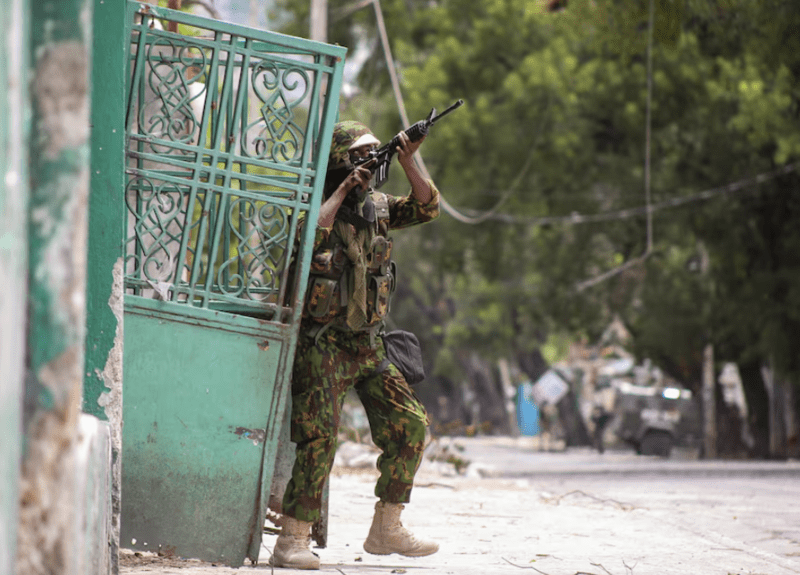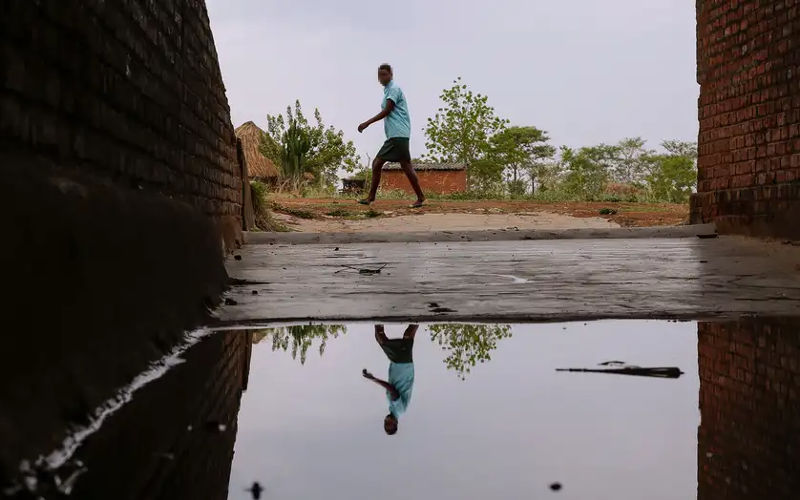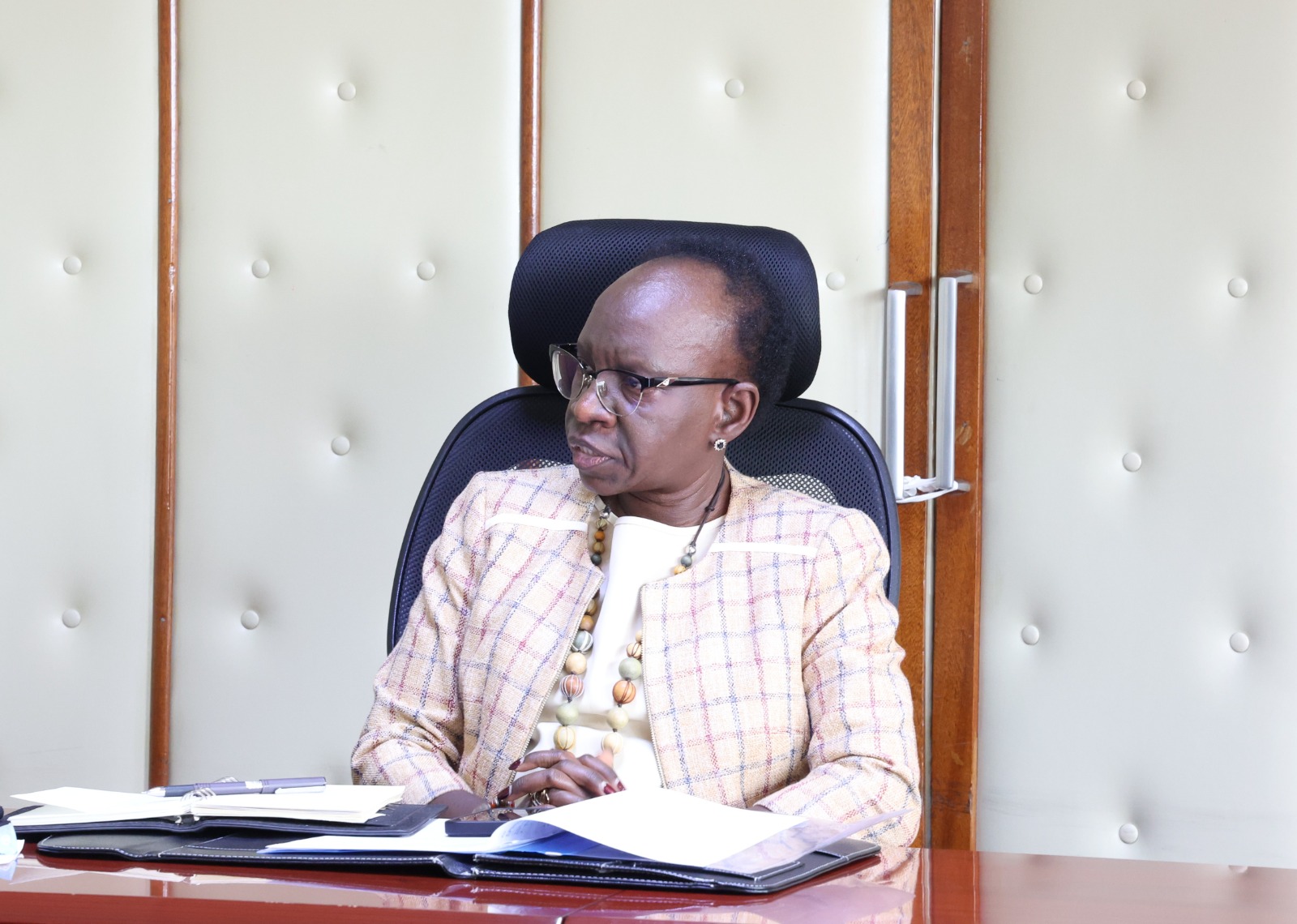Powerful cartels with political backing are running Nairobi’s essential services - report

According to the report released in February 2025, informal service providers, commonly referred to as cartels, offer low-quality yet accessible services that are often backed by political connections or collusion with official service providers.
Nairobi is crippling in the grip of powerful cartels that have infiltrated key service sectors, exploiting residents while enjoying protection from county officials and politicians, a new report shows.
The Africa Cities Research Consortium, an international think tank focusing on urban development, has revealed that these cartels control water, electricity, and transport services, creating artificial scarcity and profiting from residents’ desperation.
More To Read
- Inside Mathare’s fight for justice: How youth are taking on police brutality and reclaiming dignity
- MCA moves to enforce 2018 Nairobi law banning posters on poles, walls
- Nairobi Woman Rep Passaris faces backlash from city traders over anti-protest law proposal
- Birth certificate issuance drops as booklet shortage bites
- Four suspects held in Nairobi over armed robbery, motorcycle theft at Embakasi firm
- Nairobi water utility records historic Sh11.7 billion in annual revenue amid service reforms
According to the report released in February 2025, informal service providers, commonly referred to as cartels, offer low-quality yet accessible services that are often backed by political connections or collusion with official service providers.
The report notes that these cartels are prevalent in both informal settlements and affluent neighbourhoods, with Kibera cited as a case where electricity cartels sabotage Kenya Power’s efforts by tampering with meters, vandalising transformers, or reselling electricity through illegal connections.
“In many informal settlements, water cartels create artificial scarcity and also can depend heavily upon collusion and corruption by county officials. The cartels disconnect water supplies to create an opportunity for them to provide the same commodity to the residents at a costly price… There are also illegal water connections by cartels. There is laxity by county government to crack down on these cartels and criminal gangs. Most of these criminals receive protection from the politicians in the city,” reads the report.
Transport infrastructure
The research, conducted by 13 researchers under the consortium and funded by UK aid from the United Kingdom government, also sheds light on the impact of poor transport infrastructure on Nairobi residents. It notes that the city faces a significant backlog in transport development, particularly in Eastlands, where congestion is worsening due to a lack of mass transit systems.
The report highlights that the railway network has not expanded in decades, and public transport remains largely unregulated, forcing most residents to rely on matatus (58.7 per cent) and walking (17.1 per cent).
Findings also highlight that Nairobi’s roads, particularly in informal settlements and satellite towns, remain unpaved, making navigation difficult. Many streets are excessively narrow, forcing pedestrians to share space with motorists, while designated walkways and cycling lanes are often occupied by motorcycles and cars, endangering users.
The report links these infrastructural challenges to poor city planning and an apparent bias towards road development over non-motorised transport (NMT) infrastructure.
Sanitation in Nairobi is another area of concern, with the report describing it as highly fragmented. Official statistics show that while 83 per cent of residents have access to water, only 51 per cent are connected to the public sewer system.
It notes that the city’s outskirts remain the most underserved, with informal settlements relying heavily on pit latrines and septic tanks. The inadequate sewer network and poor faecal sludge management contribute to significant public health and environmental hazards, with the World Bank estimating that Nairobi County loses Sh1.7 billion annually due to the effects of poor sanitation, including premature deaths and healthcare costs.
"Although the sewer network exists in some informal settlements, connectivity levels are very low. Kenya’s policy emphasis on sewerage has left a major gap in unsewered areas, and on-site sanitation, as well as faecal sludge management (FSM), have often been overlooked," reads the report.
Healthcare services
The report further states that healthcare services in Nairobi are also strained. Out of 803 health facilities in the county, only 119 (15 per cent) are publicly owned, with the rest managed by private entities, NGOs, and faith-based organisations.
The report highlights that public health centres are understaffed, with many operating in poor conditions. While the Nairobi Metropolitan Services (NMS) constructed or expanded several hospitals between 2020 and 2022, 19 projects remain stalled, and others lack essential equipment.
Medicine stockouts are frequent, with a worrying order fill rate of just 12 per cent. The report states that the financial burden of healthcare falls largely on households, which contribute more than half of the county’s total health expenditure.
"Many public health centres are chronically understaffed and have dilapidated, poorly maintained facilities. From 2020 to 2022, NMS built or expanded a range of hospitals and clinics in Nairobi, with 32 projects completed, but a total of 19 have stalled and others have been completed but not equipped," reads the report.
Education in Nairobi is similarly affected by deep inequalities. The report notes that while the county government operates 223 public early childhood development and education (ECDE) centres and the national government runs 206 primary schools, their distribution is highly uneven.
Densely populated areas such as Pipeline lack a single government-run school, while Mukuru Kwa Njenga, a major informal settlement, has only one primary school managed by the government. Private institutions dominate the education sector, stepping in where public schools fail to meet demand.
The report further examines Nairobi’s failed police reforms, tracing their origins to the post-election violence of 2007-2008. Despite constitutional provisions for reform in 2010, the report notes that efforts to hold police accountable have largely stalled due to political resistance and institutional unwillingness.
The report argues that while reforms that strengthen police power have succeeded, those aimed at accountability have been deliberately hindered. As a result, many Nairobi residents continue to experience police harassment and extrajudicial violence with little hope of justice.
Overall, the report paints a grim picture of Nairobi’s governance, where corruption, political interference, and unregulated service provision have left residents struggling for basic necessities. The researchers emphasise the need for urgent reforms to curb cartel dominance, improve infrastructure, and ensure equitable access to essential services.
Top Stories Today

